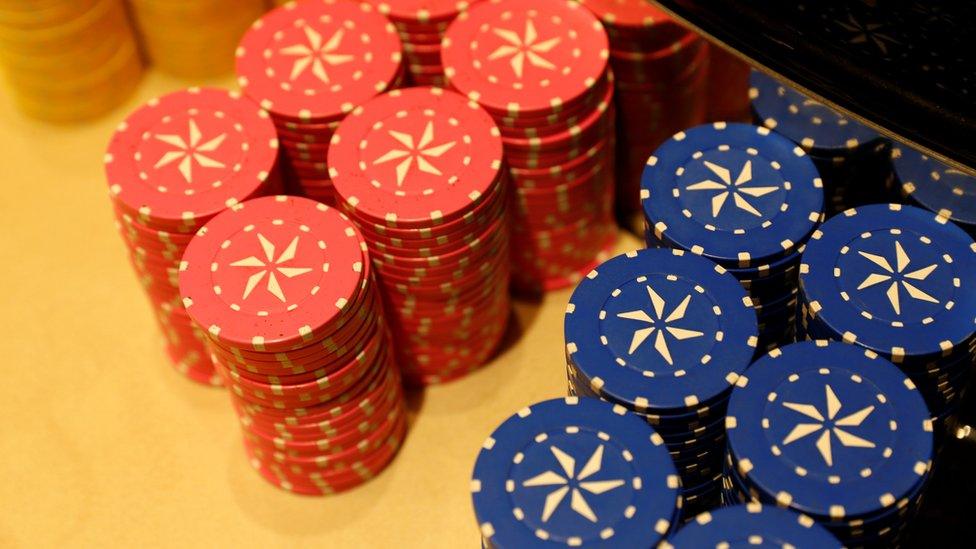Gambling companies see huge rise in complaints
- Published
"If I hadn’t gone online for a day, they were quickly on the phone or sending me an email"
The number of gamblers complaining about British betting firms has risen almost 5,000% in the past five years.
There were a record 8,266 complaints last year, according to Gambling Commission figures obtained by BBC Panorama.
That compares to just 169 in 2013.
Most of them were about firms refusing to pay out on winning bets or failing to operate in a socially responsible way.
The rise follows a sharp increase in UK gambling over the past decade.
'Good sign'
The big betting firms have already promised £60m a year to help problem gamblers and say they are working on a plan to reduce gambling-related harm.
Neil McArthur, chief executive of the Gambling Commission, said there were complex reasons for the rise in complaints.
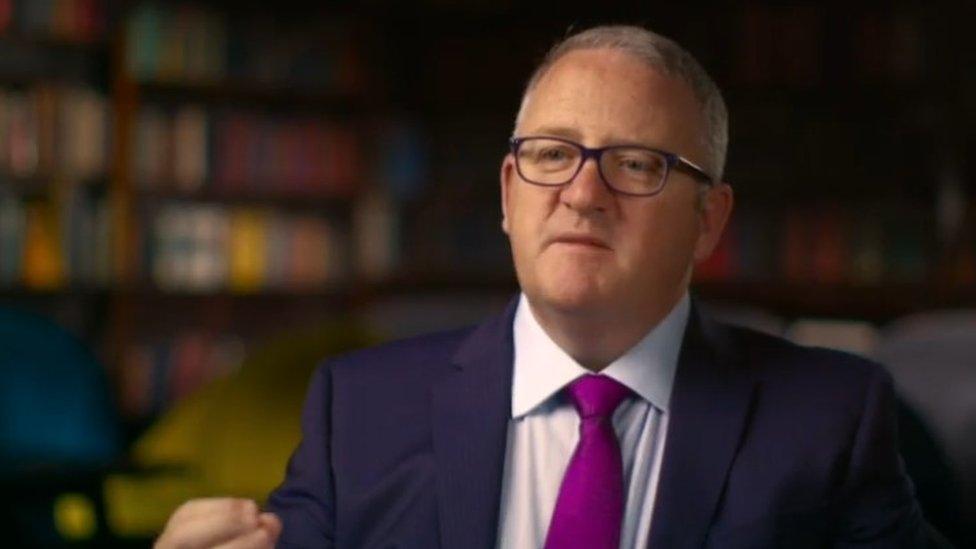
Neil McArthur says the industry must know its customers
"We are pushing the industry to know its customers, and part of this is actually, possibly, a good sign because it's suggesting that consumers are demanding more of the gambling operators. And I would encourage them to continue to do that," he said.
The industry has expanded rapidly since the government relaxed restrictions on betting and advertising in 2007.
Gamblers are now losing almost twice as much to the betting companies as they were a decade ago. Last year, punters lost a record £14.5bn.
The biggest rise has been in online gambling, where new games and products have attracted new customers.
Amanda, not her real name, doesn't want to be identified. She was in her 50s when she started betting on an online site called Jackpotjoy.
She gambled away all her money from the sale of her home. When her father died, she inherited a share of his house, and she lost that on Jackpotjoy as well.
'Bubble world'
In total, Amanda lost £633,000. She made her last bet on the day she was made bankrupt.
"I was in a complete sort of lost bubble world," she said. "To me it was just escapism and I would just sit online and I would just be pressing the button on my computer.
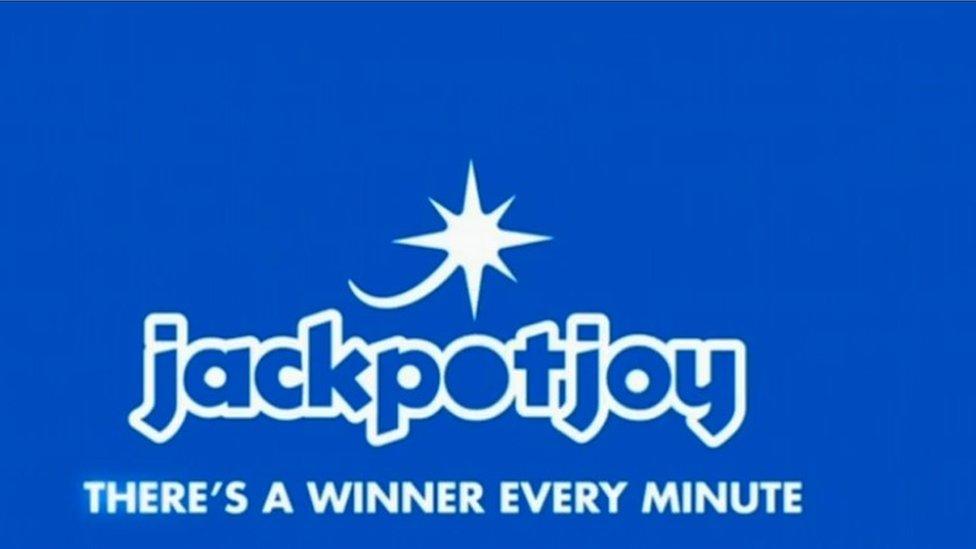
Jackpotjoy says it always acts in accordance with the relevant regulatory requirements
"It's horrific what I've done to myself really. Everything that I had worked for. My children looked up to me and now I have blown their inheritance."
Jackpotjoy said it always acted in accordance with the relevant regulatory requirements and that it had encouraged Amanda to use responsible gambling tools.
"This included the use of deposit limits, cooling-off periods and alternative withdrawal methods; tools which Amanda was aware of and used during the time she played with us," the company said.
High stakes betting machines have been banned from the High Street, but there are no legal limits for online games. That means customers can lose thousands of pounds in just a few minutes.
Campaigners say that the government needs to do more to protect the most vulnerable gamblers.
'Problem'
Daniel Clinkscales took his own life at the age of 35 after struggling with a gambling addiction for years.
He was a well-paid sales manager, but he took on two extra jobs just to fund his betting habit.
His mother, Jo Holloway, said Daniel hid his gambling for many years.
She said: "I think he found it so hard to really come to terms with the fact that there he was - clever, intelligent, largely successful at almost everything he turned his hand to - and he'd got this one problem. Gambling."
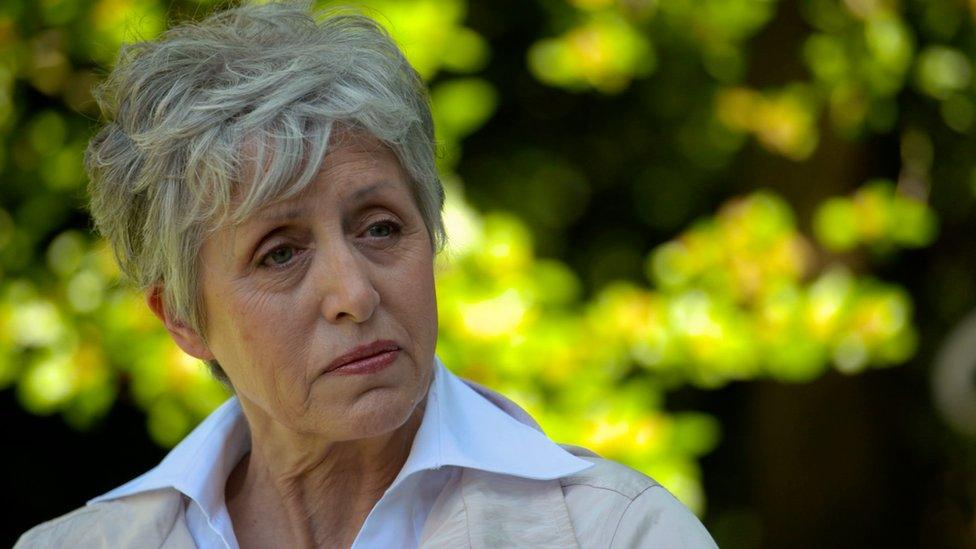
Jo Holloway says gambling has been normalised
She thinks that the burden of responsibility should be placed on the betting companies, because some gamblers simply don't know how to stop.
"Gambling has been normalised. It has been made to look like something that everybody does innocently. It's not. You can lose your house in an afternoon. How serious does it have to be before people will act?"
The Gambling Commission said it had no plans to introduce maximum stakes online because operators already have enough information to keep players safe and to ensure they are playing with money they can afford to lose.
The major betting companies have already agreed to increase safer gambling messages and to review the tone of their promotional material.
Watch BBC Panorama: Addicted to Gambling on 12 August at 8.30pm on BBC One and on the BBC iPlayer afterwards
Action Line: If you or someone you know has a gambling problem visit: https://www.bbc.co.uk/actionline/
- Attribution
- Published8 August 2019
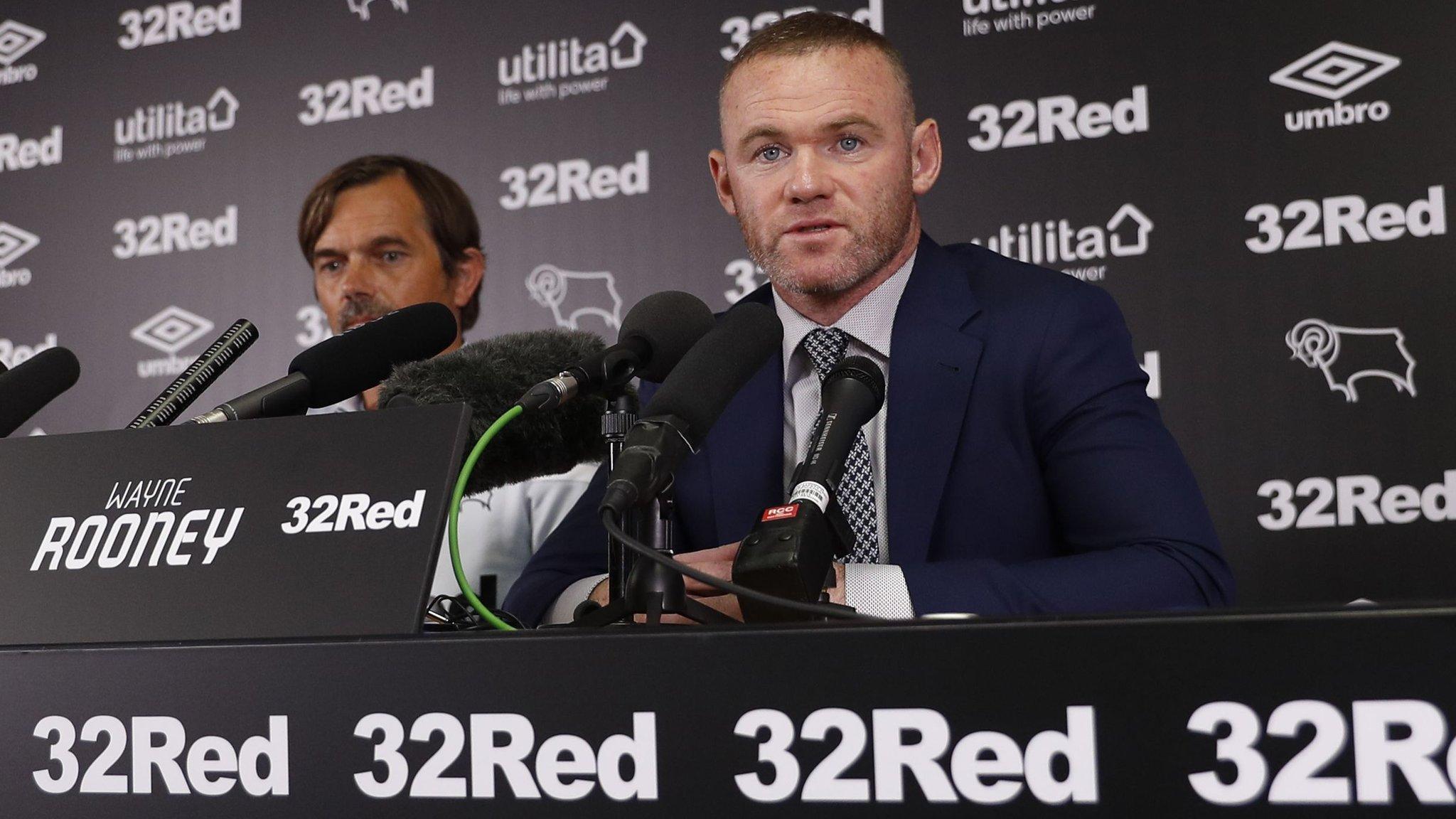
- Published31 July 2019
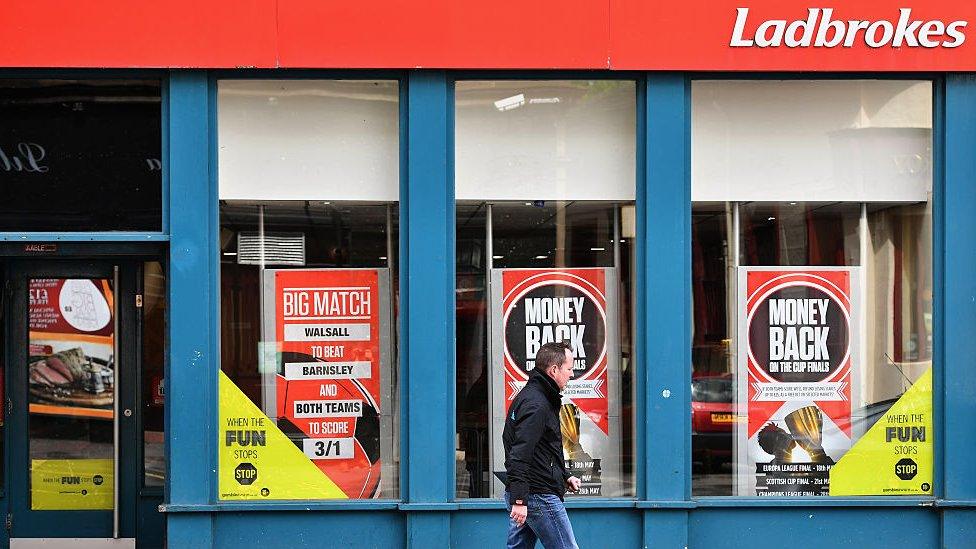
- Published2 July 2019
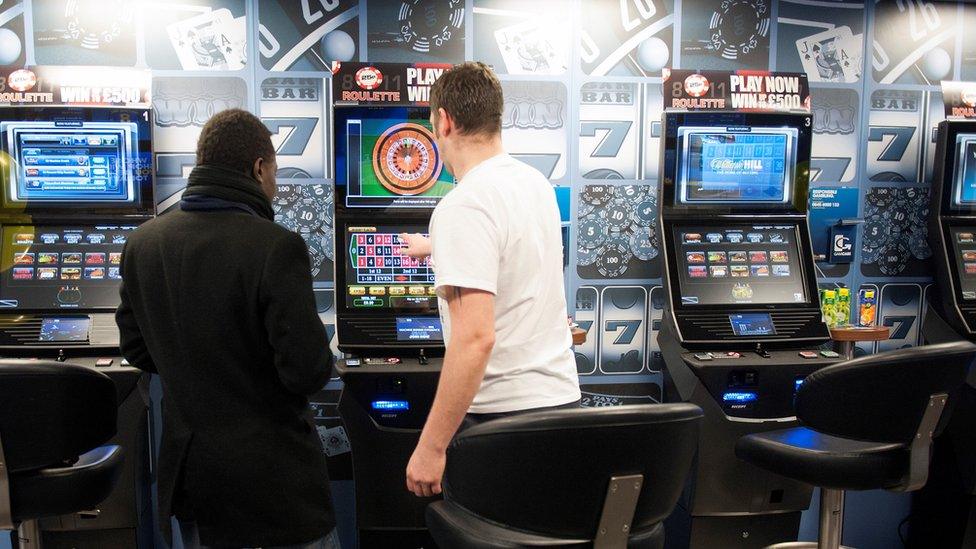
- Published28 June 2018
